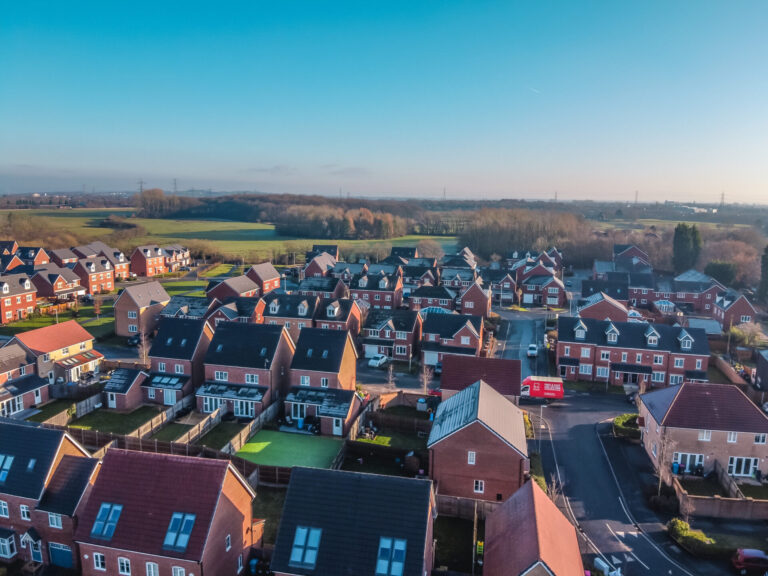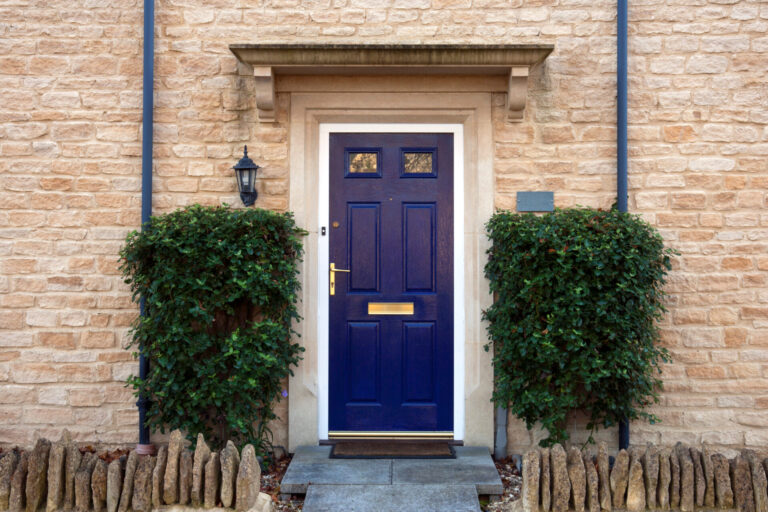You’ve found the property of your dreams and had an offer accepted. For the purchase to transition smoothly, you need to appoint a solicitor or conveyancer to take things from here.
Do I need a solicitor to sell my house?
First things first, it is possible to do the legal work yourself. But this is complicated, time-consuming and doesn’t offer you the same degree of protection. If something goes wrong with a solicitor or conveyancer, you can potentially seek recourse. Your mortgage lender may also insist that you use a solicitor or conveyancer as a term of your contract.
When buying and selling you can choose between a solicitor and a conveyancer, both offer the same fundamental legal service.
A solicitor can provide additional advice around tax and finances, but often cost slightly more.
A conveyancer can’t provide this additional advice but as a result it may be cheaper.
What does a solicitor do?
Let’s start with what a solicitor does.
The legalities involved are different depending on whether you are buying or selling a house.
For sellers, the solicitor handles the legal transfer of your property to the buyer. As soon as you’ve accepted an offer, you instruct the solicitor to begin the legal work.
You will need to answer questions about your property and provide any relevant details about the sale.
The solicitor will then acquire the relevant documents from Land Registry in preparation for the change in ownership.
They will then draft the contract and send it to the buyer’s solicitor. At this point, there might be a little bit of back and forth as you and the buyer agree on the finer points of the sale like fixtures and fittings. Once both parties are happy, your solicitor will agree on a completion date.
From there, you exchange contracts and funds transferred.
For buyers, the process is a little different.
After an offer is accepted, your solicitor will carry out the property searches. This process may take a little bit longer, depending on the outcome of the searches. If the searches uncover problems, at this point, you might choose to pull out of the purchase. But if everything is as expected, your solicitor will request a copy of the draft contract.
Again, there might be a back and forth here as you agree on the terms.
If you’re getting a mortgage, your solicitor might also talk you through the terms and conditions.
Once all the contracts are agreed on, your solicitor will agree on a completion date with the seller. At this point, you will transfer the deposit into your solicitor’s account, and they will manage the exchange of funds and contracts.
While it doesn’t sound like there’s a lot of steps, each stage takes time.
What do conveyancers do?
The other option for buying or selling a property is to use a conveyancer.
Conveyancing is the legal process of buying or selling a house, so you can use a solicitor to carry out conveyancing. Not every solicitor has the skills to deal with property, but every conveyancer does.
Conveyancers solely deal with property, whereas solicitors work across different areas of law.
Conveyancers do all the same work as a solicitor but they can’t provide advice on associated topics like tax.
Can you use the same solicitor for buying and selling?
Yes!
There are pros and cons for this, but largely using the same solicitor for buying and selling can slightly speed up the process as there’s no passing over or requesting documents. But it’s important to remember that if you’re in a chain, the process will only be as fast as the slowest party in the chain.
So if you’ve found a solicitor who has open communication and you like, it’s fine to use the same solicitor to manage your sale and purchase.
The same solicitor or conveyancer can work for both the buyer and seller, but there need to be specific criteria met to avoid conflict of interest. Ultimately, it’s up to the solicitor or conveyancer to assess both cases and decide if they will take it on. decide if they want to take on your case.
How to find a solicitor for buying or selling a house
When you look for a solicitor or conveyancer, there are a few questions you can ask to help narrow down your choices.
1. Are they approved by your mortgage lenders?
Mortgage lenders have panels of approved solicitors and conveyancers. If your chosen legal representative isn’t on the panel, it can complicate matters or even cause a refusal to lend.
You can ask your solicitor or conveyancer to register with the lender, but this takes time. It’s easier to choose a solicitor who is registered with your lender. You can find this information by asking your lender.
2. What are their fees?
If everything goes according to plan, your solicitor and conveyancer should have fixed fees for buying or selling a property.
The fees will be broken down into the services the solicitor provides and the charges for searches.
According to the Money Advice Service, legal fees are typically around £850 – £1,500 before you account for searches.
The fees involved with buying and selling a property is an entire topic in itself. So if you want to find out more, read our guide to fees when selling a property.
3. Recommendations
Whether these come from friends or family, the internet, or another source, research and find recommendations.
4. Check if they are registered
Legitimate solicitors and conveyancers are registered with relevant regulatory bodies.
The Solicitors Regulation Authority lists registered solicitors as well as details of their record.
Conveyancers are registered with the Council of Licensed Conveyancers (CLC). You can search their list for a registered conveyancer here.
Still looking for a property to buy? Have a look through our listings to find your next home.




